A recent survey in the U.S. reveals the intention of users toward their streaming plans this year, According to a report from Review.org, there are plans for many U.S. users to abandon their Netflix subscription. Review.org surveyed 1,000 US users to find out their streaming plans this year. According to the survey, no less than 25% of Netflix subscribers claim they plan to abandon the service in 2022. That's not good news for Netflix, which which is now behind Disney+. Disney's streaming division (Disney+ Hotstar, ESPN+, and Hulu) has 221.1 million global subscribers. This is about 500,000 users ahead of Netflix's 220.67 million.
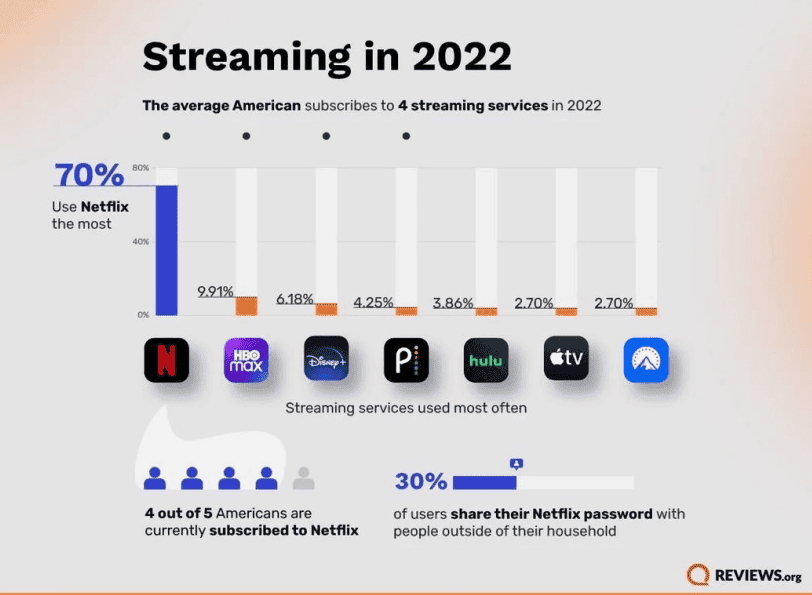
Netflix lost 1.2 million subscribers in the first two quarters of the year,. This includes a record 970,000 users in the second quarter alone. So what's driving Netflix subscribers to quit the service? Two-thirds of respondents claim they plan to quit the service, mainly blaming higher subscription prices.
For example, in January, Netflix's basic single-screen plan rose 11%, the first increase in three years. During the same period, prices for the Standard and Premium plans rose by 20% and 25%, respectively. This doesn't help Netflix as it is also trying to stop password sharing. Of the eight most popular streaming services in the US, Netflix has the highest average subscription cost. This results in 30% of users sharing their Netflix passwords outside the home.
Netflix subscribers may have a lower-priced version
To stop the bleeding, Netflix is expected to launch a lower-priced ad-serving version later this year. But thanks to the continued popularity of the Marvel Cinematic Universe (MCU), that user appeal seems to have been transferred to Disney+. A third of respondents claim there is a lack of content, saying Netflix no longer had the shows they want to watch. Thirty per cent of respondents claim they use other streaming services more than Netflix. Review.org also reports that the average American will subscribe to four streaming services in 2022. Of the 1,000 respondents, 78% subscribe to Netflix, 46% Disney+, 42% HBO Max, 33% Peacock subscribers and 26% Hulu. In addition, 22% will sign up for Apple TV+.
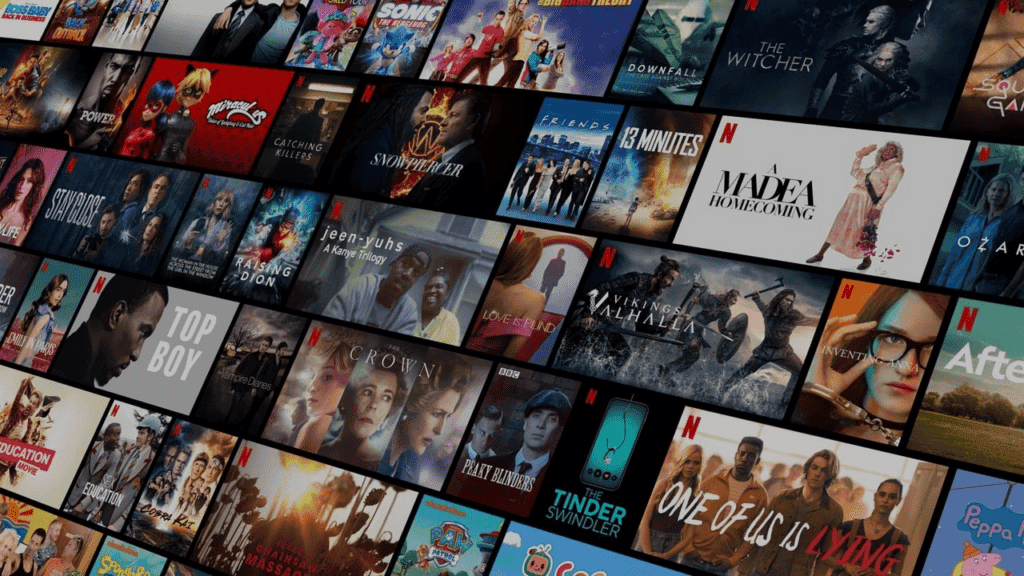
Subscribing to a service and using a service are two different things. Still, while 78% of survey respondents subscribe to Netflix, 70% use streaming healthily. On the other hand, while Disney+ came in second, with 42% of survey respondents subscribing, only 6% actually watched it, which was only enough for third place. HBO Max came in second with 10%.
Netflix announces partnership with Ubisoft
While Netflix is facing subscriber loss, the company is also strengthening its alliances. According to reports, streaming media giant, Netflix now partners with Ubisoft to support its fledgling gaming business. Ubisoft is one of Europe’s largest video game companies. Netflix will launch three new mobile games next year based on Ubisoft titles. These will include its most successful title, Assassin's Creed.
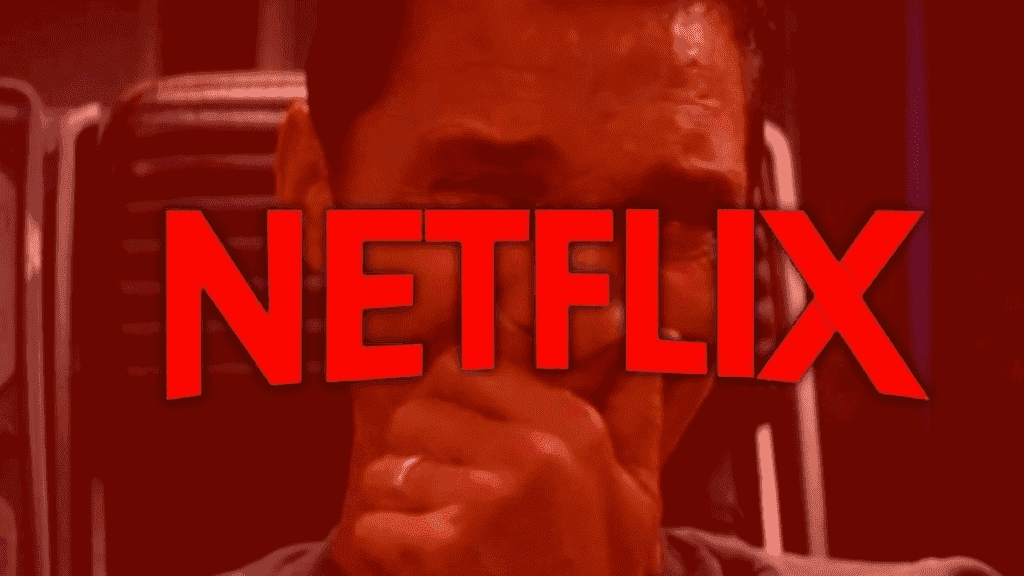
Netflix is trying to boost growth in its new gaming division at a time when its streaming business is slowing. The streaming conglomerate's market value has more than halved since April when the company revealed that its 10-year growth in subscribers had come to an end. The partnership includes the French gaming group developing mobile games for Netflix. The game will also include a castle-building and monster-looting game based on Ubisoft's Mighty Quest, as well as the historical puzzle-adventure game Valiant Hearts.
The games will be available only to Netflix subscribers and will have no ads or in-app purchases. It will allow Ubisoft to tap new audiences and experiment with new formats within existing games. As of now, there are no details of the game.
Netflix entered the gaming industry last year, hiring a number of high-profile executives and joining some of the world's largest tech companies in an attempt to grab a slice of the most valuable part of the entertainment industry. In recent years, big tech groups including Amazon, Meta, Google and Apple have all stepped up their investments in video games, vying to become the "Netflix of gaming."
Netflix has over 20 games
Netflix has launched 28 games and acquired three game studios, including Night School Studio, which makes supernatural adventure game Oxenfree, and Texas-based Boss Fight Entertainment. In March, the company acquired Next Games, a Finnish developer of mobile games based on its hit TV series Stranger Things.
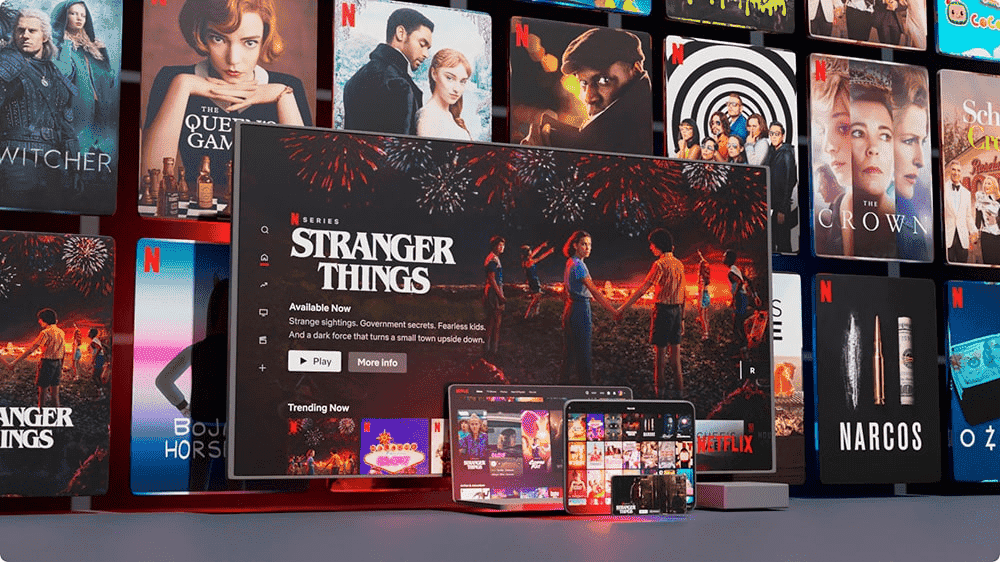
However, the company has struggled to quickly convert a significant portion of its roughly 220 million users into regular gamers. According to market intelligence firm Apptopia, Netflix mobile games have about 1.9 million daily active users and 28 million game installs. By comparison, King, the popular game publisher that makes Candy Crush, has about 30 million daily active users.
Leanne Loombe, Netflix's head of external gaming, said the streaming company remains "very committed to gaming" but is still in an experimental phase, working out which styles and genres resonate best with users.
"No matter who our members are, we want to make sure there's a game for them," she said, adding that in the future "we'll start to focus more on Netflix's IP" because "that's where our superpowers lie."
The streaming giant plans to have a total of 50 games under its name by the end of the year. But the company's move comes amid an overall slowdown in the gaming industry, with console makers, video game publishers and gaming chip makers reporting declining sales and user engagement in recent months. Last week, Snap, the U.S. technology group that owns Snapchat, said it would suspend its game plans.
Loombe said the company wasn't bothered by the recent decline in gaming engagement, especially on mobile, noting that "people are still playing games ... so we still have a huge opportunity ... It takes hours to watch a TV series or movie, but five minutes to play a game on the commute," she adds.
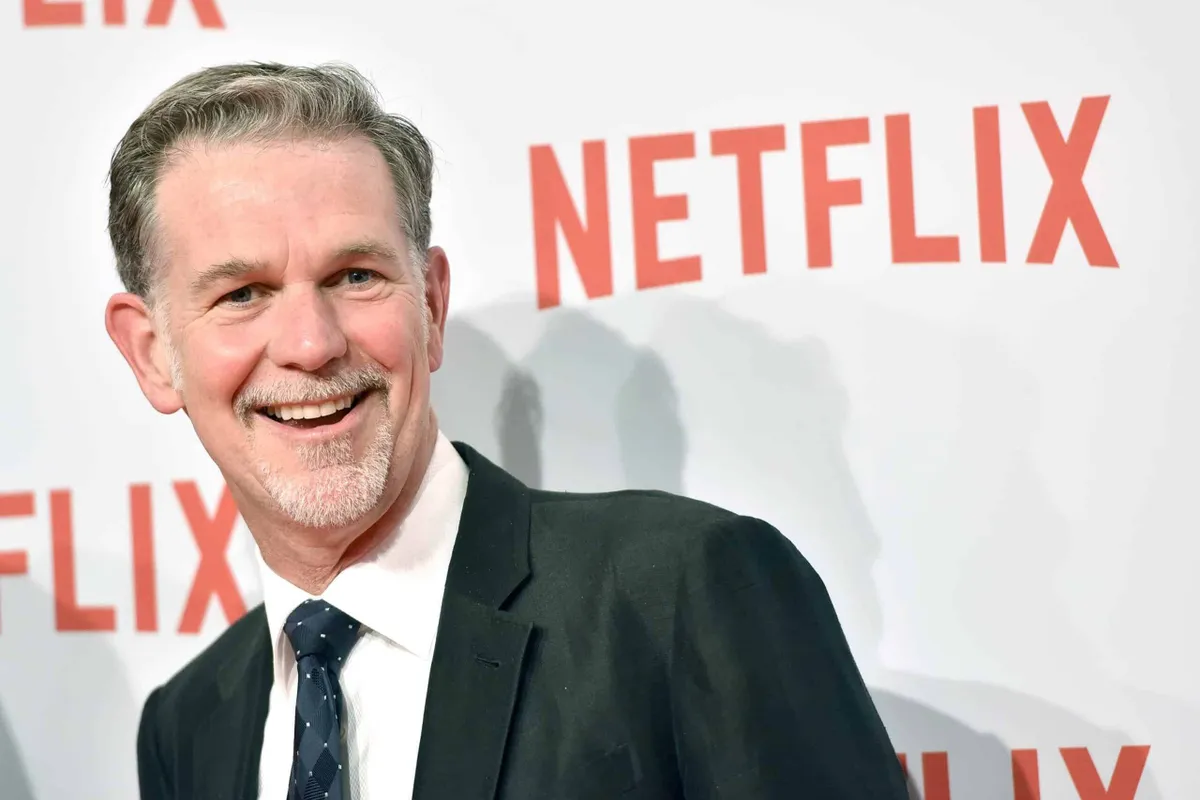





Place comments
0 Comments
You are currently seeing only the comments you are notified about, if you want to see all comments from this post, click the button below.
Show all comments